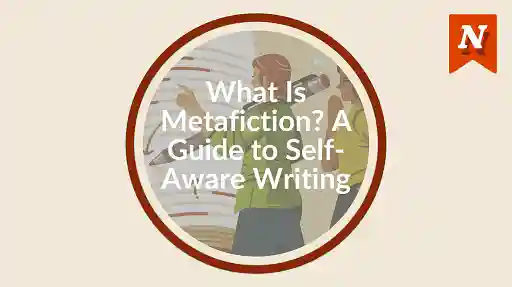Most writers don’t sit down on day one of novel-writing and begin spinning a tale; generally, they’ve been outlining and making notes for a while. Turning notes into a novel, a publishable manuscript, can seem daunting. Despite this, the tips below will help you develop your notes into a book.
How much work you’ll need to do will depend upon just how fleshed out your notes are. It will also depend on what kind of a novelist you are; some do well with less preparation and describe the writing process as one of discovery while others work best with a great deal of preparation. The first type of novelist must be careful to not begin the writing process too early; the other type must beware of endlessly note-taking in lieu of ever beginning the novel.
If you’re the type of writer who likes to lay a lot of the groundwork in advance, you’ll want to be sure you’ve developed your characters fully. Consider the character’s major fears, challenges and desires. What does each character most want in the context of the story? If you can easily pinpoint how a character will react in a variety of situations, you’re probably ready to go.
Consider as well the major settings. Be sure your novel doesn’t suffer from so-called “white-room syndrome” – that is, a lack of description that leads the reader to imagine every scene playing out against a white screen. Important settings should be researched as needed. You can draw interiors of floor plans. Tools like Pinterest can be useful for inspiration or for collecting visual reminders of important places in your novel.
At this point, a stack of index cards will be invaluable for both types of writer in working out plot and structure. Again, different types of writers will use different levels of detail at this stage. If you prefer to plan less, you will want to note the major turning points and conflicts throughout the novel. If you are a meticulous planner, use index cards to plan right down to the individual scenes.
One advantage of using index cards in this way is that they allow you to easily rearrange scenes and consider how the story might unfold if told in a different way. Writing out scenes on cards can also reveal which ones are extraneous. With each scene, you should consider a couple of questions:
- What does the scene do?
- What questions are raised by the scene?
If you aren’t a big planner, you can still make use of index cards to examine a novel using the reverse outline process. This simply refers to outlining a piece of writing after the fact. Once each scene is written, you can scribble notes about it on an index card and consider the above points.
All of this may seem a bit advanced if you have scant notes and are struggling to develop characters and ideas. You can search online for visuals to inspire characters and setting. Plots can be built bit-by bit. Rather than trying to envision an entire plot at once, you can, in effect, tell yourself a story beginning with the first main event or action of the novel. Here are some questions that will develop the plot:
- What are the consequences of this scene?
- Who is most affected by what happened in this scene?
- What are some expected and unexpected things that might happen as a result of this scene?
The last question above is particularly important. Some writers prefer to discard the first few ideas that they get under the assumption that if they can think of them, the reader will as well. The third, fourth or fifth idea might be a more unpredictable direction for the story.
Once the characters are developed, the settings imagined and the plot sketched out to your satisfaction, the writing can begin. At this stage, setting goals based on how many words, pages or scenes you want to get through per day or per week will help you stay on track. As difficult as starting a novel may be, getting through the middle can be even harder. This is often where enthusiasm and confidence in an idea wanes. It’s important to be prepared for this in advance and stick with the schedule.
What are your tips for taking your notes and turning them into interesting, readable prose?










I love the tip to imagine expected/unexpected things that might happen next.
Rose Arrowsmith De Coux - About 10 years ago
I need assistance to produce a story by my brother who has been in prison for over 60 years in and out who has assembled his life story of wrong doings and his commitment to God to help through his many hundreds of neatly assembled pages of his story. My hope is to get this story of his life published.
John Raffone - About 4 years ago
Hi John, that sounds a valuable family project and redemptive story. Two options for getting help would be coaching (working with an author who will help you with writing process, brainstorming and feedback on your work) or if you prefer to outsource the writing entirely, ghostwriting. We offer the former (coaching) which you can find out more about here. Good luck with your project!
Jordan - About 4 years ago